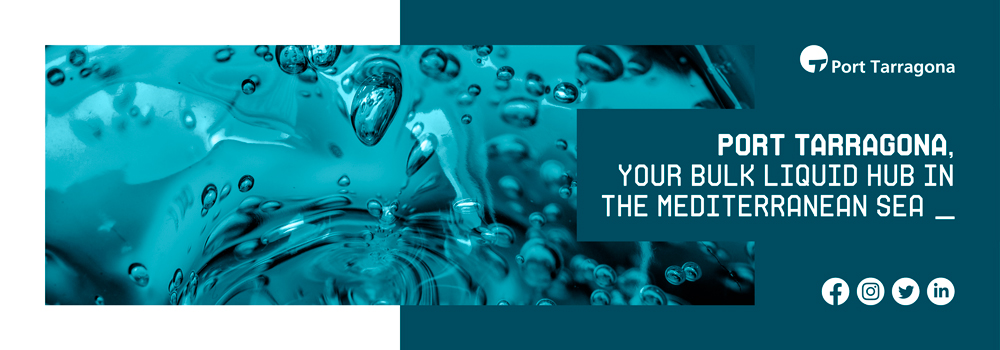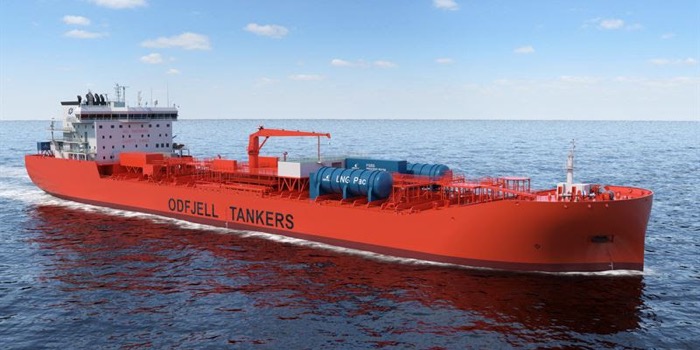The aim of the shipping industry is to achieve zero emissions by 2030
The goal of the shipping industry is to achieve zero emissions by 2030. It is becoming apparent that a united approach with all involved in the maritime sector will support the efforts.
Ships emit 1-2 percent of global black carbon, a component of soot particulate matter that reduces air quality and contributes to climate change.
Erik Hjortland, vice president of technology at Odfjell SE said: “Ships are to be operated for 20-30 years, and we need flexible solutions that can meet future emission requirements.”
The International Maritime Organisation (IMO) estimates that shipping emissions will increase by a factor of two to three by 2050. Greenhouse gas emissions, primarily carbon dioxide from transportation, account for approximately 28 percent, and the shipping sector responsible for nearly 3 percent of the emissions.
How we can reach zero emissions in the shipping sector:
- Urge the shipping supply chain to help fast-track zero and low emission technology pilots.
According to a report by the Energy Transitions Commission, great collaboration levels are required to ensure extortionate operational and investment costs do not penalise those participating in the first round of zero-emission projects. For that to happen, supply chain partners need to look at splitting the cost of critical equipment to spread the risk of investments.
- Battery-based electrification and hydrogen could have a significant role in the future.
The ETC, an allied group of global leaders from the energy landscape, including energy producers, equipment providers, environmental NGOs, said: “In the shipping sector, battery-based electrification and hydrogen will also play a significant role in short-distance journeys. Although battery solutions are currently not suitable for long-distance journeys, LNG use can be a flexible solution.”
- Help out by using liquid fuels.
The IMO is considering a range of long-term zero-carbon fuel solutions, such as ammonia, by replacing conventional fuel oil with green ammonia could reduce gas emissions from ships and provide cost savings.
For more information visit www.odfjell.com
18th June 2021















